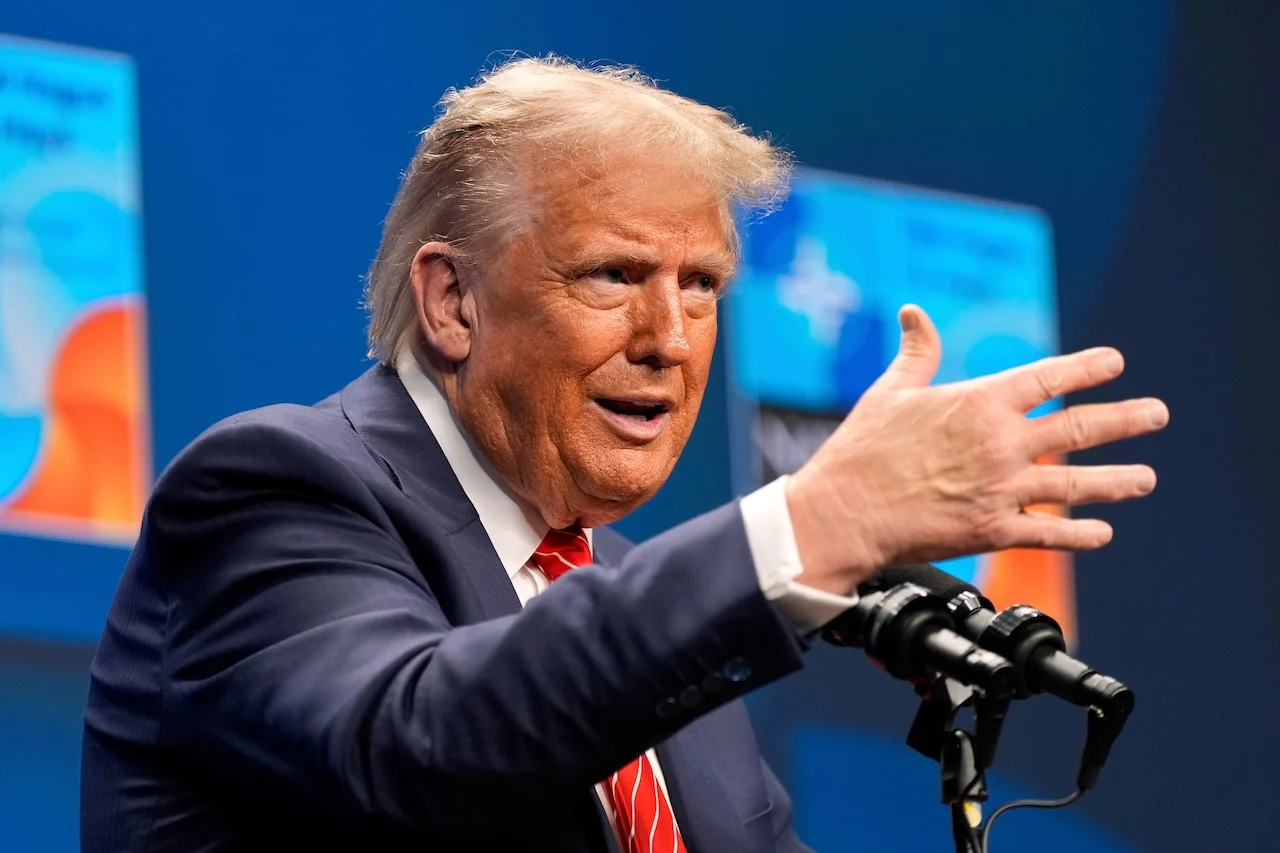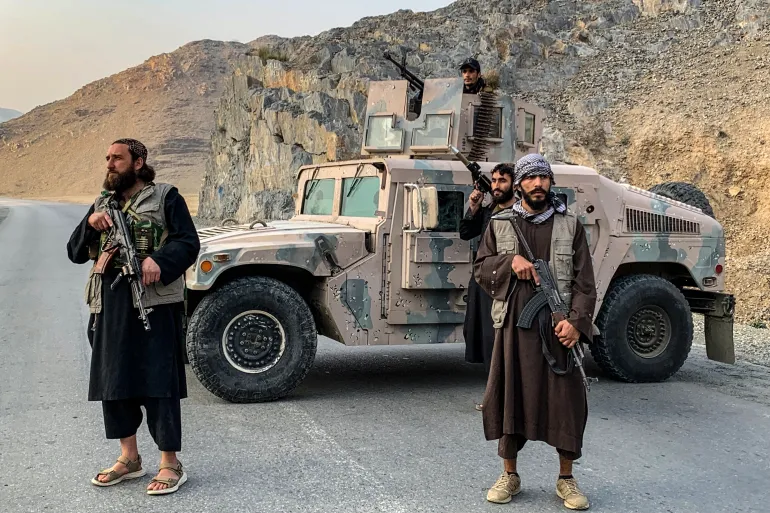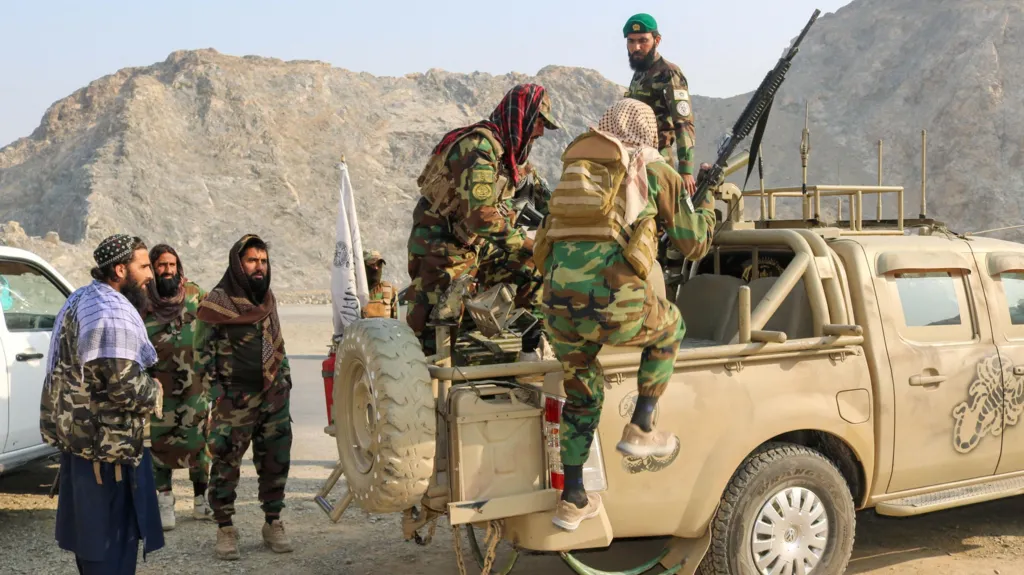Former U.S. President Donald Trump has once again warned Iran of a possible military attack if it restarts its uranium enrichment program. This strong statement comes just two days after a ceasefire was announced between Iran and Israel. The warning has sparked fresh fears of renewed conflict in the Middle East.
Earlier in the conflict, Israel faced intense pressure and turned to the United States for support. Trump, siding with Israel, ordered strikes on Iran’s nuclear sites. After the attacks, Trump demanded that Iran surrender unconditionally. But Tehran ignored the demand and instead launched powerful attacks on U.S. military bases in the region. These attacks forced Trump to announce a ceasefire, likely to avoid further escalation.
However, his tone shifted quickly. At a NATO summit on Wednesday, Trump warned that if Iran tries to restart its uranium program, the U.S. would not hesitate to strike again. He claimed that Iran’s nuclear sites were heavily damaged by earlier attacks and would be difficult to restore. Trump said Iran might try to recover, but they would not be able to enrich uranium or build a nuclear bomb. He stressed that any such effort would bring immediate retaliation from the United States.
The ceasefire between Iran and Israel was confirmed by top Iranian officials, including the President and Foreign Minister. Trump also posted on his social media platform, Truth Social, that the truce was in place and warned all parties not to violate it. However, Iran’s Supreme Leader Ayatollah Ali Khamenei has remained silent about the ceasefire. In Iran, his word is considered final. Until he speaks publicly, there is no full confirmation that Iran accepts the ceasefire terms. This silence has left people both inside and outside the country uncertain and watchful.
Iran’s Foreign Minister Abbas Araghchi also clarified that there was no formal deal to end the conflict. He said Iran would not continue attacks if Israel stopped its unlawful operations against Iranian civilians. According to him, Iran’s goal is to defend its people, not to provoke more violence.
Although the ceasefire brought some relief to neighboring countries, many are still worried. There have been many past cases where ceasefires failed and fighting resumed. The situation remains delicate, especially now that Trump has added more pressure with his latest threats. His warning may push Iran to respond more aggressively if it feels cornered.
Whether Iran will restart its nuclear work is unclear. Some analysts believe Iran may increase its uranium stockpile and continue pursuing nuclear capabilities. If that happens, it could bring about a new round of conflict with the U.S. Trump’s warning, although firm, may not be enough to stop Iran if it sees no alternative.
The future of the ceasefire now depends largely on Ayatollah Khamenei’s position. If he supports peace, the situation could calm down. But if he stays silent or approves new nuclear activity, the fragile truce may collapse. For now, the world waits to see what steps Iran will take and whether the region will slide back into war.







